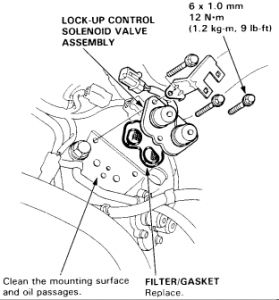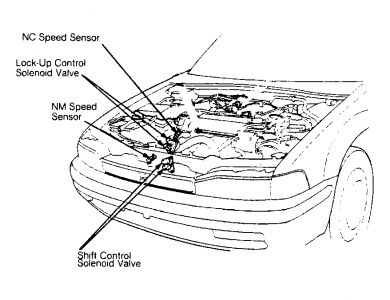I just bought an unmolested CB7 a week ago and started having a constant D4 indication yesterday. Did a ton of research and learned to jumper the service connector plug. This is where it gets interesting.
I did the jumper and got 2 blinks...I learned this meant "Defective Lock-up Control Solenoid B" I'm not sure what that means, but the constant D4 indication went away so I pulled the jumper and took it for a spin and everything appears to be back to normal with the auto tranny. Initially I thought it was the TCU or shifter switch going and i'm really just seeing if I should go ahead and replace it or not. If so, what TCU's are compatible with my model. It's a 92 LX with the F22A/ auto tranny.
Please, no flamespraying. I'm generally a domestic guy but love anything with potential so while my cobra sits, I figured i'd get a reliable project to start building up. Thanks for the help.
I did the jumper and got 2 blinks...I learned this meant "Defective Lock-up Control Solenoid B" I'm not sure what that means, but the constant D4 indication went away so I pulled the jumper and took it for a spin and everything appears to be back to normal with the auto tranny. Initially I thought it was the TCU or shifter switch going and i'm really just seeing if I should go ahead and replace it or not. If so, what TCU's are compatible with my model. It's a 92 LX with the F22A/ auto tranny.
Please, no flamespraying. I'm generally a domestic guy but love anything with potential so while my cobra sits, I figured i'd get a reliable project to start building up. Thanks for the help.









Comment